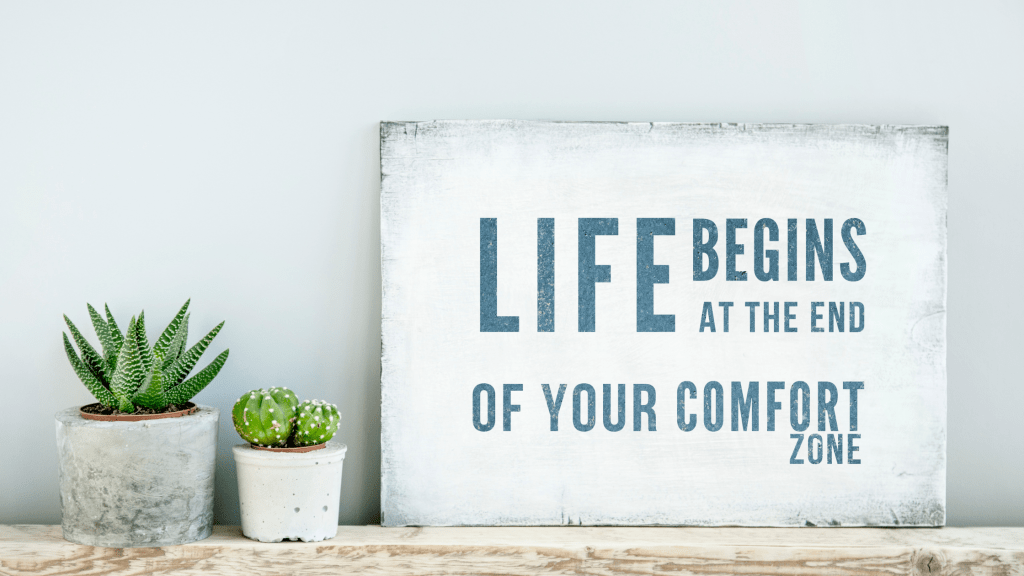damn…Why does it often feel like an uphill battle to make time for Self-Care?

Self-care is crucial—we all know that! So why does it often feel like an uphill battle to make time for it? Swipe left to find out why.
Speaking for myself, I can absolutely relate as a highly sensitive INFJ woman running a coaching business while working as a trauma therapist, all why trying to be a good partner/ mom/ friend … not to forget the cooking, cleaning AND carving out time for myself to reflect and recharge. It can be a lot !
But today, let’s flip the script and make a change. Together.
The simple truth is...
Understanding the “why” behind the struggle is the first step toward making meaningful changes.
So let’s dive into some reasons why we might struggle with self-care and how we can gently weave it into our lives.
#1: We're Tired
As deep feelers, you and I often push ourselves to the limit.
This can lead to exhaustion, creating a vicious cycle where we’re too tired to practice self-care. Breaking this cycle is crucial.
When I find myself in this place I start with small steps to rest and recharge.
What about having a 10-minute ‘nothing break’ or a solo nature walk during your lunch break?
Give it a try. Your future self will thank you.
#2: Overthinking & Perfectionism
Do you often go from deep thinking to overthinking and aiming for perfection?
Yeap, that’s me sometimes too… I call it introspective nature .
You might think that if we can’t do self-care “perfectly” (the way some gurus order it), it’s not worth doing at all.
Listen… there is no right or wrong way to practice self-care. If it feels right to you, it is perfectly done right! It’s about finding what nourishes you, even in small doses.
#3: Prioritizing Others
Hands on heart, if you are like me, you probably know this well – the tendency to prioritize others’ needs over our own.
While being empathetic is our strength, it’s essential to recognize that we deserve care and attention too.
Self-care isn’t selfish; it’s necessary…. Or in the words of a very wise soul:
Self-care is how you take your power back.
Lalah Delia
Feeling Overwhelmed ?
This fast-paced world is stressful. Add the tons of responsibilities we juggle, and being an empath sometimes adds a sour cherry on top. We crave solitude to recharge yet find so little room for self-care.
My secret: Simplify your self-care routine. Don’t have the time or energy for a 40-minute yoga flow? Okay, sit down and journal or do a sun salutation. Find what feels good to you. That’s what matters most.

Have you ever struggled with feelings of guilt or questioned your worthiness when it comes to taking time for yourself? Welcome to the club, my dear! You are not alone… it happens to me too.
But here’s a gentle reminder: WE are worthy of self-care time.
Think of it this way: If we are giving and performing from a place of overflowing energy, instead of acting from a half-full cup, that’s when we are giving and performing at our best!
Self-care is not a luxury. It’s a lifeline that keeps you and me grounded, energized, and resilient.

with love & respect, MrsBimako

↓ ↓ ↓
𝗛𝗼𝗹𝗱 𝘂𝗽… Take a moment today to commit to ONE small act of self-care. Whether it’s a quiet walk in nature, a few minutes of journaling, or simply breathing deeply, make that promise to yourself.
You deserve it.
damn…Why does it often feel like an uphill battle to make time for Self-Care? Read More »


























